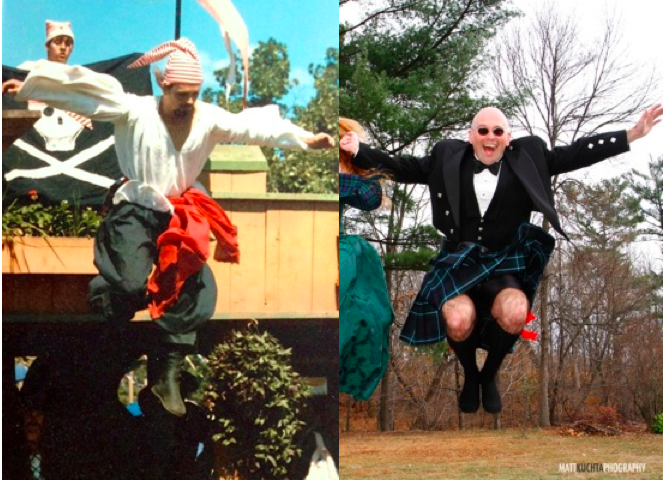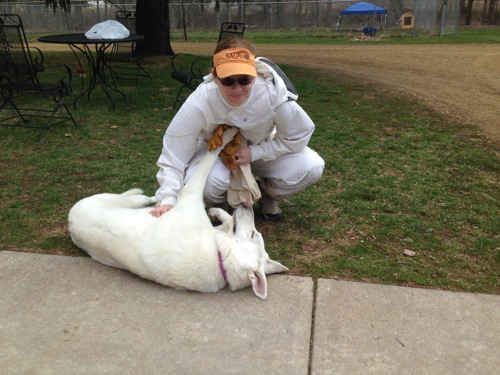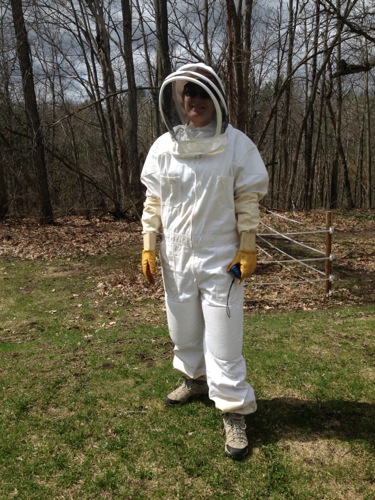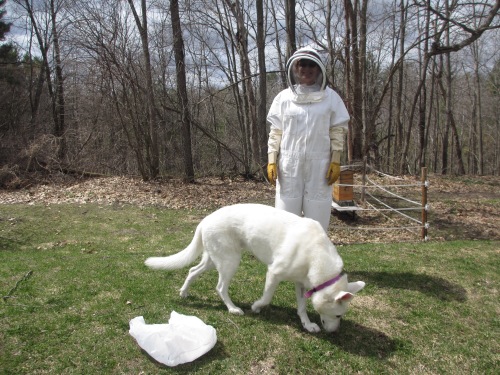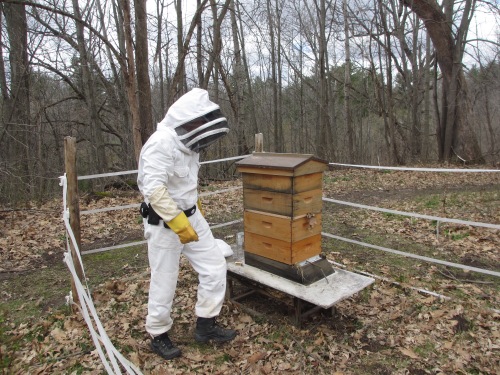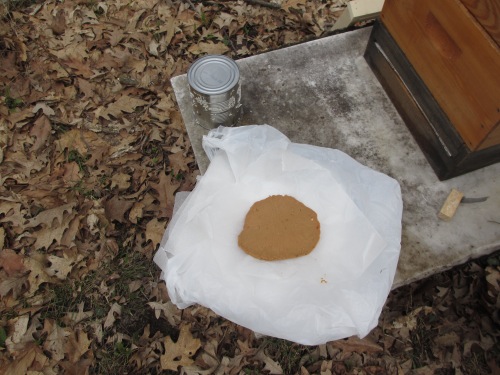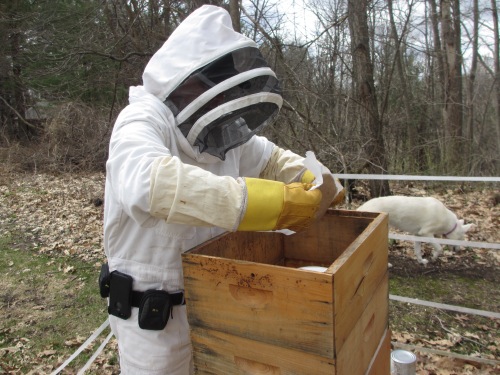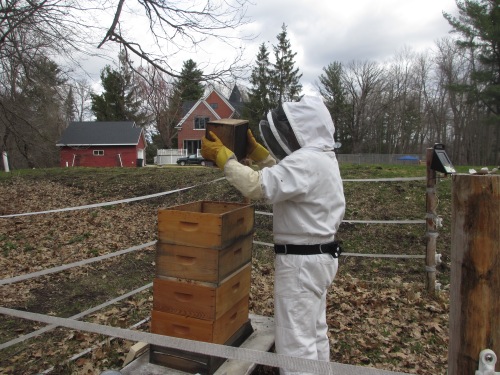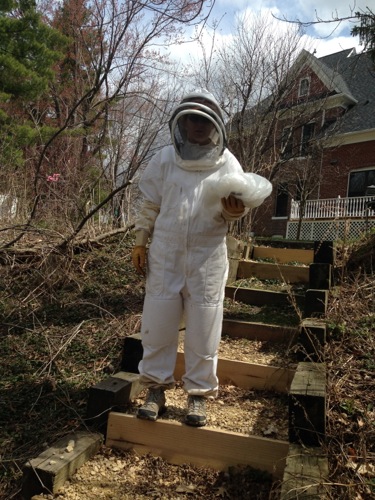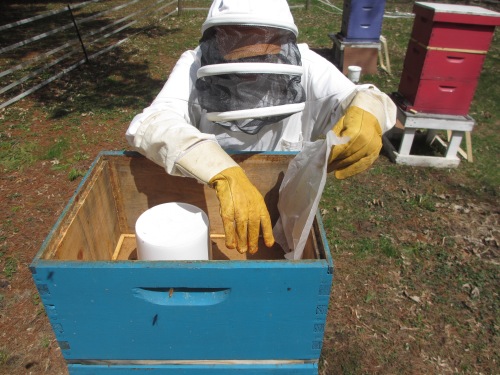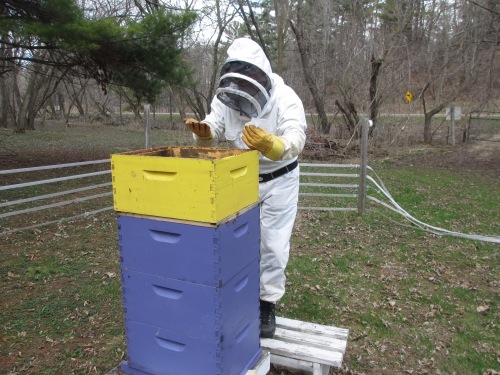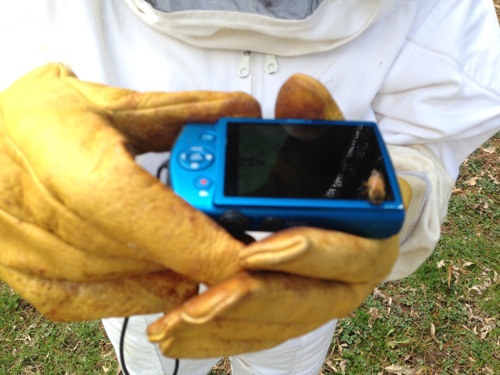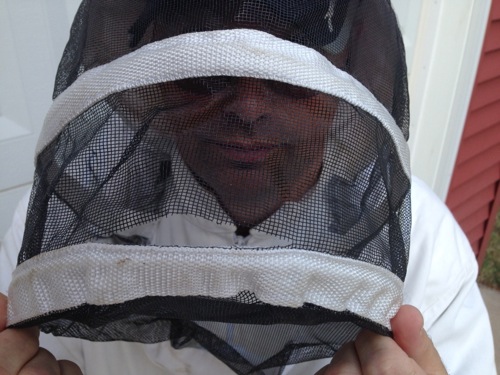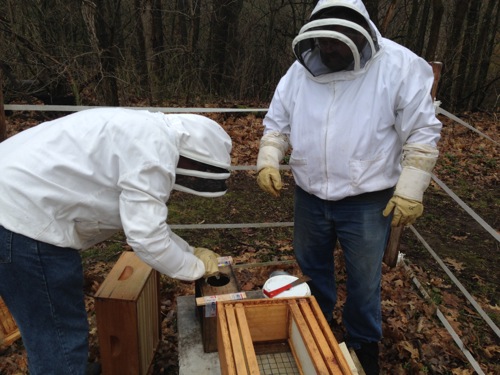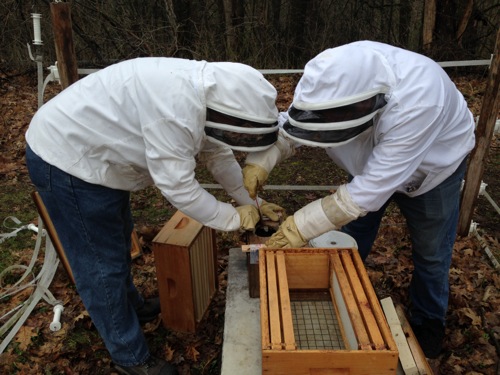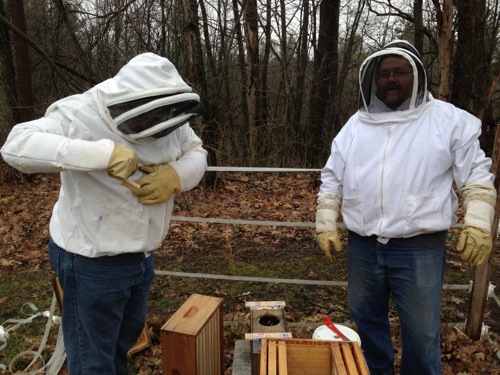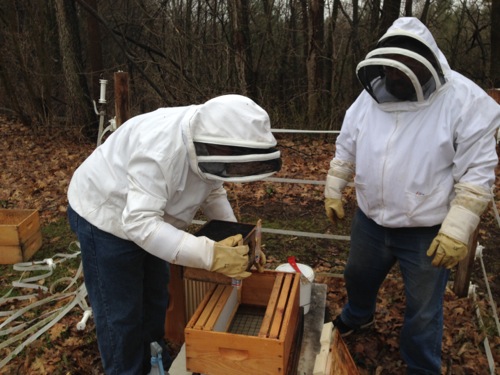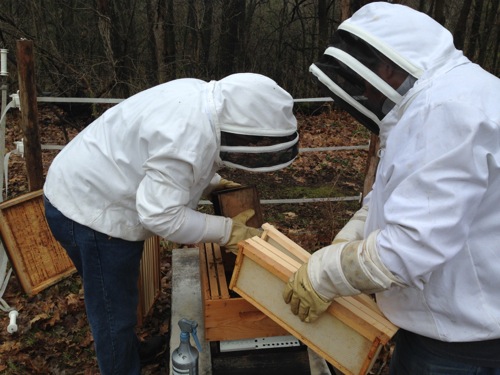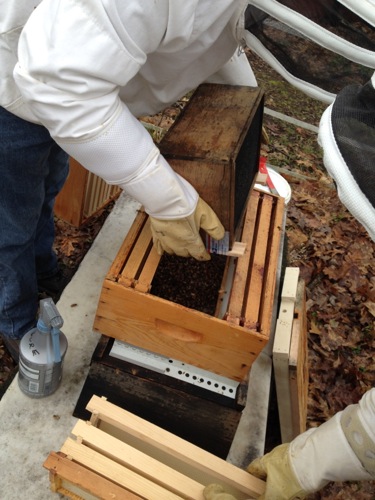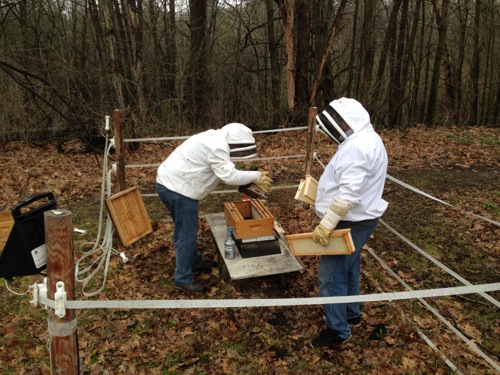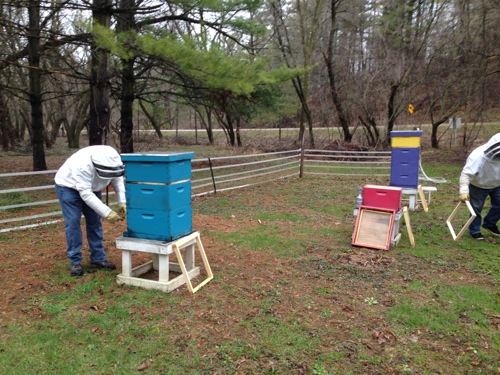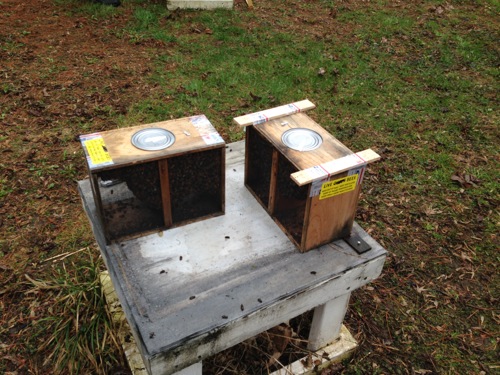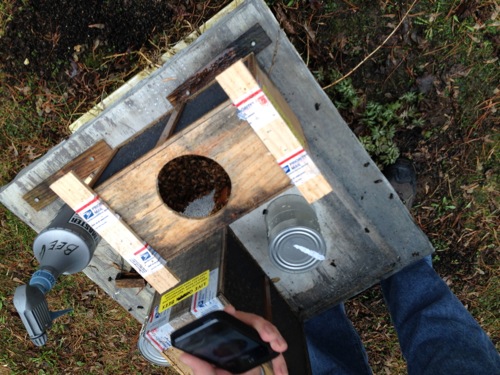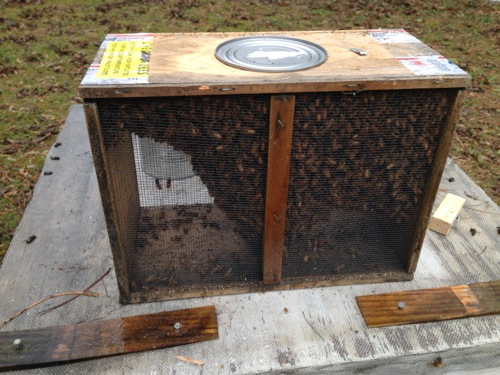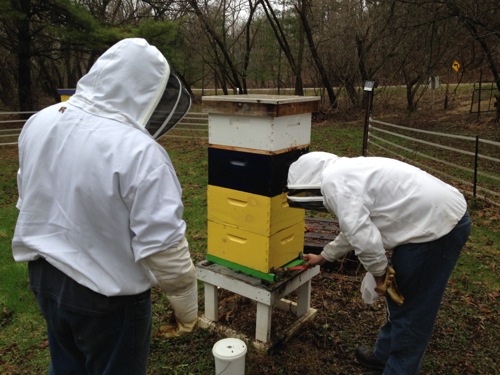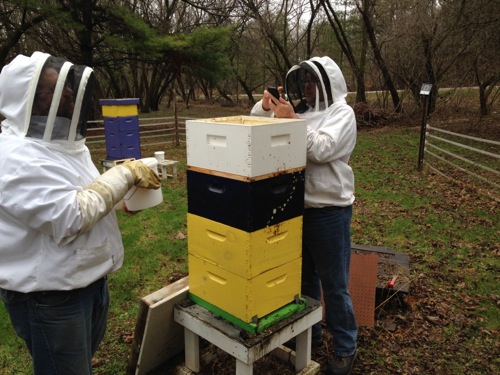This is a rant that grows out of the whole anti/pro steampunk kerfuffle that the f&sf genresphere has been aflutter with of late in which many on the two sides are flinging great gobs of words at each other like punctuation-laden poo. It’s not pretty and in many cases it seems to be a mix of sour grapes and tribalism, and it looks just like every other variation of this argument we’ve had for the last fifty years. The only real difference being what sub-genre/genre/literary sensibility we’re arguing about.
One of the things that we as a genre community seem to be most vulnerable to is the idea that our personal favorite type of writing is the only type of writing that other people should love and pay attention to, and that anyone who disagrees that our pet subgenre is the one true form of worthwhile writing is a poo-poo head. This tends to be expressed in one of two ways:
1) I want more of my stuff, and why isn’t everyone writing and publishing that? “Waaaaah!” *POUT* It is often accompanied by the stomping of rhetorical feet and tearing of hair. It mostly looks like highly articulate toddlers throwing a tantrum because the world isn’t treating them and their pet interests as the center of the universe.
2) How can anyone believe that XXXXX is worthy of their attention and dollars? XXXXX is immoral and anti-intellectual or just plain bad. The people who read/write it are dupes/exploiters or simply uncultured. If people really understood the underlying dynamic of XXXXX they’d realize that and come over and read YYYYY which is the one true way. It mostly looks like even more articulate toddlers throwing a tantrum because the world isn’t treating them and their pet interests as the center of the universe.
People, get a freaking grip! Not everyone likes what you like, and that’s okay. In fact it’s wonderful and healthy and necessary for the survival of a culture. Diversity of thought and idea and taste is one of the single most important parts of our ongoing survival as a species. It’s what drives us to try that funny looking new fruit, or accept that those who don’t look and think like us are people too, or take a long walk over the hill and find out there’s cool stuff over there.
The tendency of people to act as though stuff they don’t like is awful and bad for the culture if not downright immoral is one of the human tribal reactions that I find least attractive. It’s genre fundamentalism and it’s ugly and petty and basically unhealthy, both for the culture and for the head of bile it builds up within the person in question.
Does this mean I’m immune to the impulse? Of course not. There are sub-genres I think are stupid or hateful or bad for people. When my stuff doesn’t sell as well as somebody else’s stuff I get a little jealous and pouty. Hey, I’m human. However, I really do try to throttle it down because it’s bad for me and indulging the impulse is bad for the culture. And I sure as hell don’t throw a public tantrum about it.
If you were a geek in school (and if you’re reading this, the odds are pretty good) you remember what it was like to have the cool kids looking down on you for loving Star Trek or Dr. Who or reading those funny Lord of the Rings books. This impulse to say my genre/subgenre good = your genre/subgenre bad is the exact same shit. Do you really want to be doing that?
(Originally published on the Wyrdsmiths blog Novemeber 10 2010, and original comments may be found there. Reposted and reedited as part of the reblogging project)

